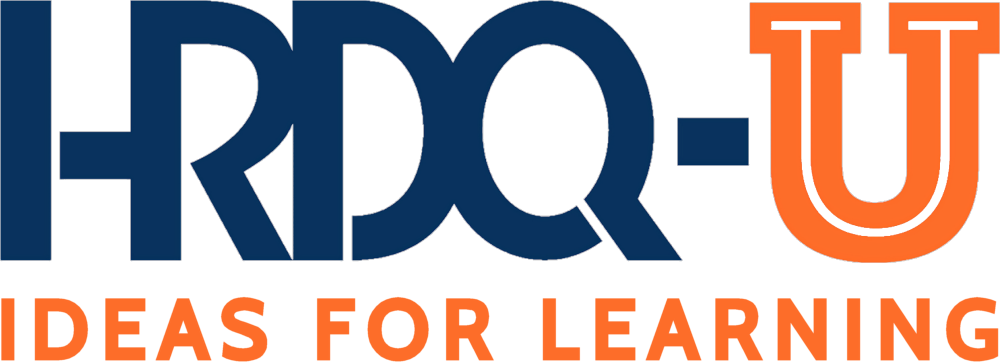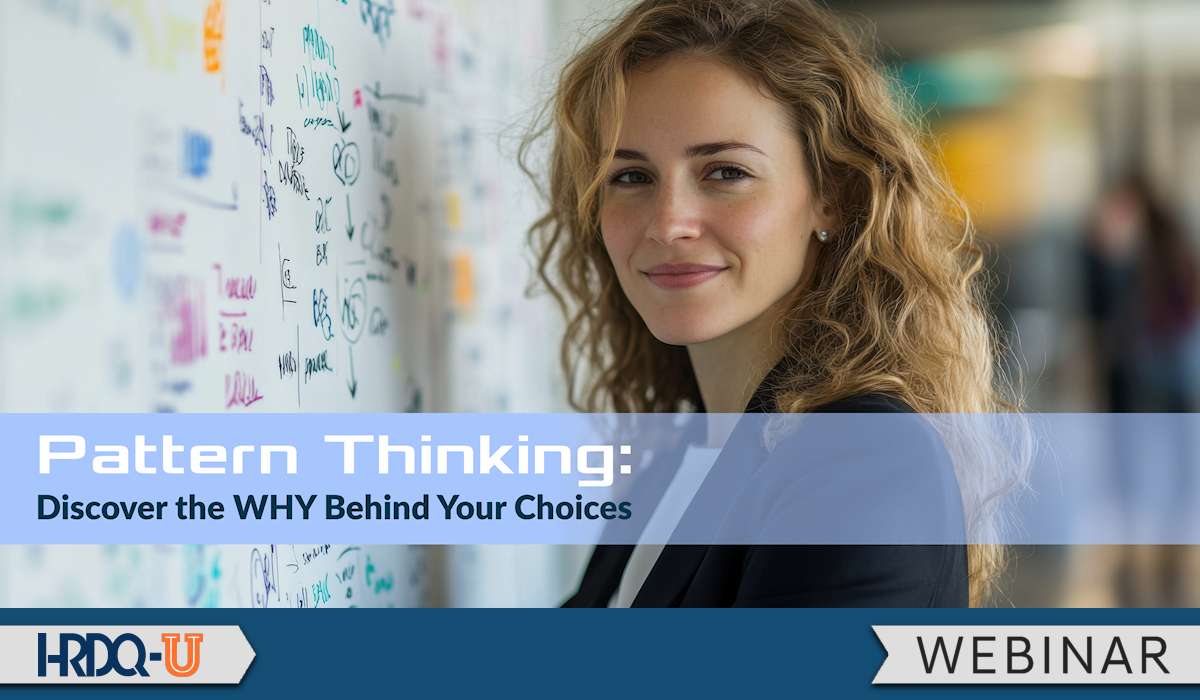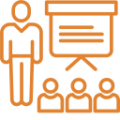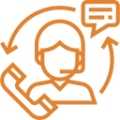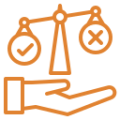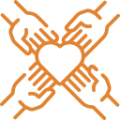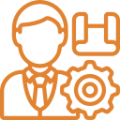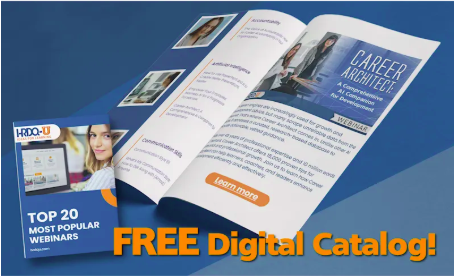What Are Mental Models — and Why Should You Care?
Mental models are shortcuts our minds use to process information and make sense of complex situations. They are formed through our life experiences — particularly in childhood — and reinforced over time through the stories we tell ourselves.
These stories become beliefs.
Those beliefs shape our behaviors.
Over time, they become the “rules” we follow — often without even realizing it.
Mental models guide us in every area of life:
- Work and success: Our beliefs about achievement, risk, failure, and ambition
- Family and relationships: How we view trust, communication, loyalty, and roles
- Faith and spirituality: How we understand meaning, purpose, and values
- Happiness and fulfillment: What we believe it takes to experience joy, love, and satisfaction
- Leadership and authority: Our perceptions of power, influence, and responsibility
- Problem-solving and resilience: How we define failure and respond to setbacks
If you’re unaware of your mental models, they can limit your growth, strain your relationships, and hold you back from achieving your potential. But when you recognize and reframe your mental models, you can update your internal decision-making frameworks and act with intention.
The Challenge
While mental models can help simplify decision-making, they aren’t always accurate.
Some are outdated. Some are rooted in fear or misinformation. And when we are under stress, our reliance on them becomes even stronger — even if they no longer serve us
The Three Building Blocks of Mental Models
During the webinar, we’ll explore the three core elements that build and sustain mental models:
1. Experience
Life experiences plant the seeds for how we see the world. A childhood success, a painful loss, a pivotal conversation — all become data points for the stories we construct.
2. Story
Over time, isolated experiences grow into broader narratives:
“I’m not good at math.”
“People can’t be trusted.”
“Hard work always pays off.”
These stories crystallize into beliefs that shape our identity and behavior.
3. Behavior
Ultimately, our behaviors reinforce our beliefs. If you believe you’re bad at math, for instance, you might avoid financial decisions, which only strengthens the original belief. Without conscious reflection, this cycle continues, becoming a deeply ingrained decision-making framework that hinders progress.
Why This Matters More Than Ever
In today’s fast-changing world, adaptability and self-awareness aren’t optional — they are essential.
In fact, the “2025 Future of Jobs Report” by the World Economic Forum and other leading surveys on the future of work have identified these as the top skills CEOs seek in employees.
Yet, if we remain trapped in rigid, outdated mental models, we limit our capacity to grow, innovate, and connect with others. Worse, we may unknowingly hold ourselves back if we lack the self-awareness to recognize these mental models.
Without realizing it, we can:
- Misjudge people and situations
- Make decisions based on fear rather than opportunity
- Undermine our own goals
- Repeat the same mistakes in work and relationships
- Feel stuck — without understanding why
By identifying and reshaping our mental models, we can:
- Make better, more conscious choices
- Strengthen emotional intelligence and empathy
- Unlock new levels of creativity and problem-solving
- Build stronger, healthier relationships
- Lead and influence more effectively
- Experience greater fulfillment and resilience
What You’ll Gain from Attending the Webinar
We’ll share ideas in a conversational format, with practical tools and reflections designed to spark real insight.
By attending, you will:
- Learn how mental models form and why they are so powerful
- Identify common thinking patterns that may be holding you back
- Practice tools to challenge and reframe limiting beliefs
- Gain strategies for developing healthier, more adaptive models
- Connect with others equally committed to growth and learning
- Through guided exercises, real-life examples, and reflective questions, you’ll leave with not just greater knowledge, but actionable steps you can apply immediately.
Final Thought: You Can’t Change What You Can’t See
If you want different results in your life, you must learn to think differently.
But before you can think differently, you must see differently.
This webinar will give you the tools to recognize the hidden mental models shaping your world — and the power to start rewriting the decision-making frameworks that no longer serve you.
